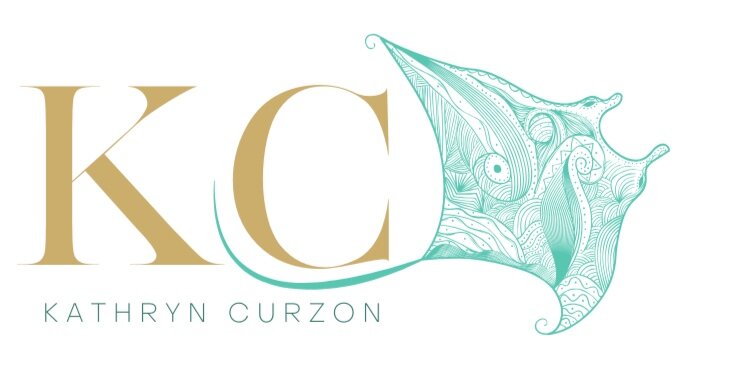Whales - A unique climate change solution
/Why do whales matter in the fight to save our oceans?
These incredible animals are able to modify the environment around them and help:
Minimise the effects of climate change.
Support healthy commercial fisheries.
Support thriving marine tourism industries.
In the Southern Ocean alone, the 12,000 or so sperm whales found there enrich the iron-poor waters with their poop, allowing phytoplankton to bloom and minimising the impacts of climate change. These sperm whales remove 200 000 tonnes of carbon from the atmosphere each year!
Find our more about whales in my latest infographic for LiveAboard.com.
It’s a great resource for adults and children to learn about:
How whales support the health of our oceans and minimise climate change.
Current threats to whales.
How you can contribute to whale conservation from home.
Download your FREE Ocean Superheroes infographic today.
Click on the image below to get your copy now.
















